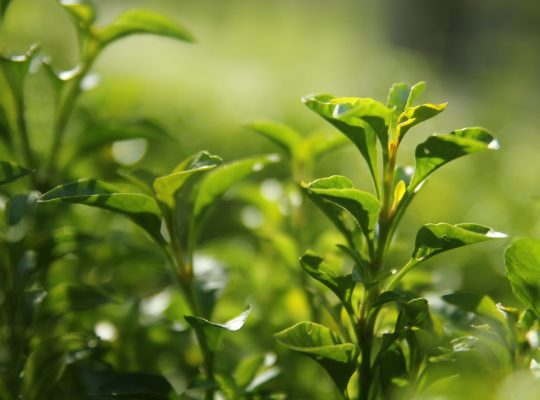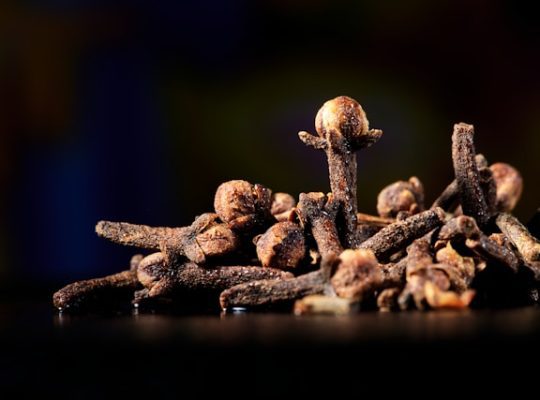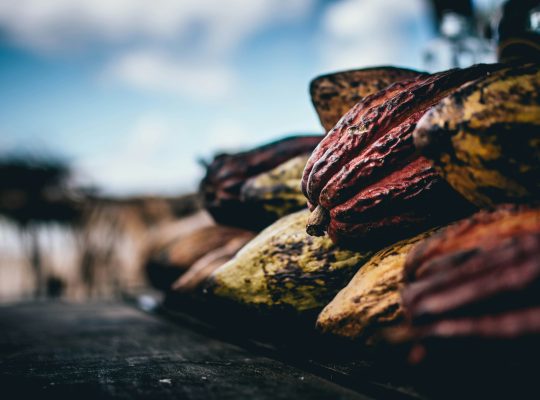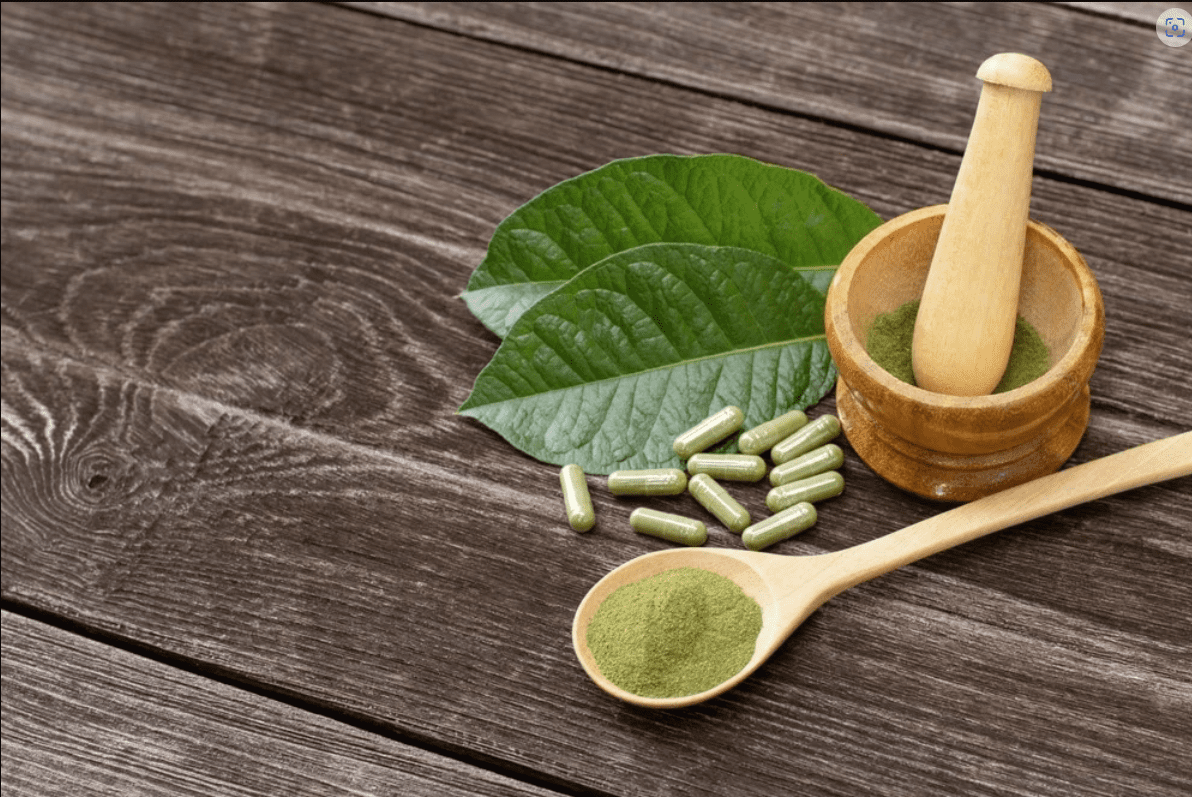The Indonesian Trade Minister, Zulkifli Hasan, also known as Zulhas, has made the decision to open up the export market for the herbal plant kratom. However, he emphasized the importance of managing its trade properly to prevent a decrease in the plant’s value.
During his visit to the Customs at Soekarno-Hatta International Airport, Zulhas expressed his concerns to reporters. He highlighted a conversation with the Kratom Association in Kalimantan, advising them to regulate the trade of kratom. He warned that without proper regulation, the price of kratom could plummet, potentially dropping to only 5% of its original value, which would significantly impact the farmers negatively.
Zulhas believes that if the trade of kratom is regulated and quotas are set for its sale, the price of the herb at the farmer level could be maintained, and the quality of the plant would not suffer. “The competition among sellers is fierce, and without regulation, prices will collapse. While I support the freedom to export kratom, I’ve suggested to them that some control is necessary. Without it, the price is very low, and the farmers suffer,” he said.
Despite these concerns, the Minister admitted that the Ministry of Trade hasn’t yet imposed any regulations concerning the sale or trade of kratom. Instead, it has left the management to the relevant association. “We haven’t regulated anything ourselves. We’re asking the Association to handle it,” Zulhas added.
Previously, the Director General of National Export Development at the Ministry of Trade, Didi Sumedi, mentioned plans to establish regulations for controlling the trade of the herbal kratom, including its export. The focus is on regulation control, from usage control to trade control, to ensure the commodity is well-managed in the future.
“Minister’s direction is more towards control, meaning properly organizing it. The purpose of control varies; besides for its use, it’s also to prevent a free-for-all scenario that could lead to a price drop like what happened with the porang plant,” said Didi during a meeting at the Ministry of Trade office in Jakarta.
Didi further explained that unregulated trading of kratom could lead to a decrease in its value, hence the need for some level of control to maintain good pricing. “When everything is open and everyone shifts their focus there, the price usually falls if the production is too much,” he concluded.








